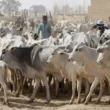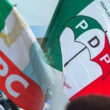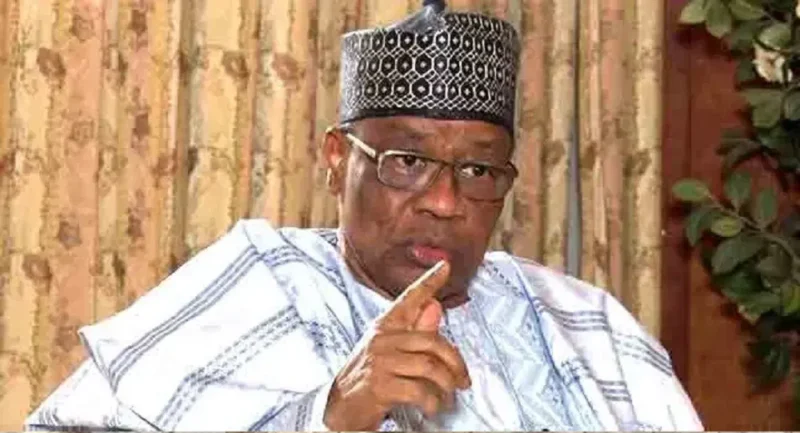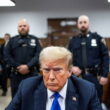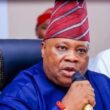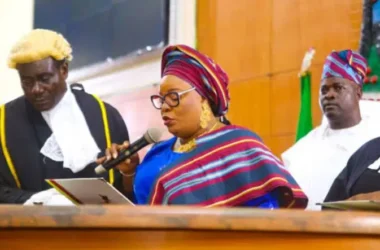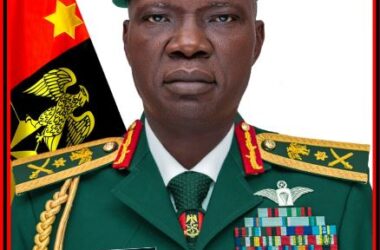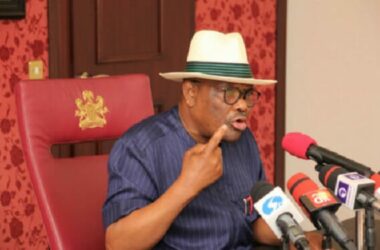Former Nigerian Head of State, General Ibrahim Babangida (retd.), has opened up about the 1986 coup attempt allegedly led by his childhood friend, General Mamman Vatsa. Babangida detailed the incident in his newly released autobiography, A Journey of Service, which was launched on February 20, 2025.
In the book, Babangida recalls how he first heard rumors about Vatsa’s involvement in a plot to overthrow his government. At first, he dismissed them as baseless speculation fueled by jealousy over their close relationship. However, after consulting senior officers, including Generals Nasko, Garba Duba, and Wushishi, he decided to authorize a covert investigation.
He explained that intelligence services eventually uncovered what he described as “incontrovertible evidence” that Vatsa had financially supported military officers to execute the coup. According to Babangida, among the alleged plans were bombing the Eko Bridge in Lagos and sabotaging key Air Force infrastructure. The plot reportedly even included hijacking or shooting down the presidential aircraft.
Babangida noted that when the evidence became undeniable, arrests were made. A military tribunal found Vatsa and nine others guilty of treason, and they were executed in March 1986. Babangida described it as a difficult decision but insisted that allowing the coup plotters to live would have jeopardized Nigeria’s stability.
Babangida said, “With our experience in the few months in government and the benefit of hindsight based on previous rumours, I determined that the best way to tackle the rumours about a possible Vatsa coup was by confronting the principal suspects.
“When the decibel of the stories rose too high, I confronted Vatsa himself after reporting the rumours to more senior colleagues like Generals Nasko, Garba Duba and Wushishi. Nasko intervened and tried to find out the truth from Vatsa. Vatsa flatly denied it all, but the covert investigations by the military and other intelligence services continued.
“Once substantial incontrovertible evidence was established, the arrests began. It turned out that Vatsa had paid several officers money to facilitate the coup operation. One of them was Lt-Col. Musa Bitiyong, who was given N50,000.
“He admitted it, and Vatsa also admitted the payment but said he wanted to help Bitiyong establish a farm project — the case of Lt-Col. Musa was not helped because he had previously been involved in other controversial coup stories.”
Among the reported plans were the bombing of the Eko Bridge in Lagos and the sabotage of key Air Force assets.
Referring to the scheme as “dastardly,” he said intelligence revealed plans to hijack or shoot down the presidential aircraft.
“I felt a deep personal sense of betrayal,” he noted, citing their decades-long friendship that began in Minna.
Once the military tribunal completed its review, Babangida said, “it was clear that the coup planners had to be executed.”
Vatsa and nine other co-conspirators were executed in March 1986, a decision Babangida called “a personal loss of a childhood friend” but one necessary to secure Nigeria’s stability.
He wrote, “They had planned a bloody coup which would have plunged the country into darkness. I had to choose between saving a friend’s life and the nation’s future.
“Above all, everyone who had signed on to a military career understood clearly what it meant to plan a coup and fail. The penalty was clear and unmistakable.”
Reflecting on the emotional toll, Babangida described being “somewhat depressed” over Vatsa’s death yet insisted his responsibility to uphold national security took precedence over personal ties. Of course, Vatsa’s death was a personal loss of a childhood friend. As a human being, I was somewhat depressed to watch him die in such circumstances.
“However, the nation’s stability and the cohesion of the armed forces were too high on the scale of priorities to be sacrificed for personal considerations. The law and the imperatives of order and national security are overriding.”
“Everyone who had signed on to a military career understood clearly what it meant to plan a coup and fail,” he said.


